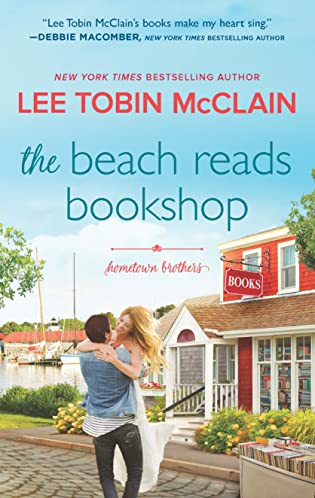 The Beach Reads Bookshop by Lee Tobin McClain
The Beach Reads Bookshop by Lee Tobin McClain Format: eARC
Source: supplied by publisher via NetGalley
Formats available: paperback, ebook, audiobook
Genres: contemporary romance, relationship fiction, women's fiction
Series: Hometown Brothers #3
Pages: 352
Published by HQN Books on April 25, 2023
Purchasing Info: Author's Website, Publisher's Website, Amazon, Barnes & Noble, Kobo, Bookshop.org, Better World Books
Goodreads
Running a bookstore on a quaint Chesapeake island is exactly the life Deena Clark would have chosen for herself--but helping billionaire businessman Luis Dominguez figure out fatherhood is part of the package. Can bonding over books and one little girl help them open their hearts to each other?
My Review:
“When one door closes another opens; but we often look so long and so regretfully upon the closed door that we do not see the one which has opened for us.” At least according to Alexander Graham Bell. But what if, as occurs in – and at – The Beach Reads Bookstore, it’s not the looking forward and back that does you in, but rather looking next to you at the person who needs to walk through that new door with you – and not trusting them well enough – or at all – when it comes to crossing that next threshold with them at your side.
Two doors have shut behind 50something Carol Fisher. She lost her job and her husband on the same day to the same cause, stupidity. Institutional stupidity on the part of the college where she is suddenly no longer employed in the tutoring center – which is slated to go online. Testosterone-induced middle-age midlife crisis stupidity on the part of her soon-to-be ex-husband, who she caught carrying his nurse through the house on the way to some hanky-panky. A piece of stupidity he’s going to pay for in more ways than one, as he’s currently collecting disability that is going to stop the minute his duplicity is revealed.
An entirely different set of doors has closed for Deena Clark. Her best friend and roommate has died, leaving Deena with custody of her friend’s baby girl, who shows signs of fetal alcohol spectrum disorder. Deena loves Willow, and wants more than anything to be her mother. But she’s also at the end of her rope. She was barely scraping by financially when she was sharing the apartment, but now that she’s on her own and responsible for a baby who needs extra care, she knows that she doesn’t have the resources to get Willow the help she needs. And that’s just not good enough for little Willow.
Deena sees only one option – to take Willow to her sperm donor and hope that the rich entrepreneur will provide the child support he didn’t know he was responsible for. But Luis Dominguez, once he accepts that Willow is incontrovertibly his, has no plans to pay Deena to make the baby and her caregiver go away.
He intends to be Willow’s father – and he’s willing to cajole or connive in order to make that happen. With all the best intentions – because he’s that kind of Type-A steamroller who believes he always knows best.
His plan is to buy the old, dilapidated bookstore on Teaberry Island, the place where he grew up and where his family still lives, and pay Deena an exorbitant amount of money to manage the bookstore and take care of his daughter – with the able and conveniently nearby assistance of his mother, his two brothers and their wives. His plan keeps Deena with him, gives him something to do on Teaberry Island, and most importantly, gives him time to be a real father to his little girl. All he has to do is tear himself away from his high stakes, high pressure, big time consulting firm in DC.
That his plan to open a door for Willow, Deena and himself runs headlong into Carol’s plan to reopen that same dilapidated bookstore that her family still owns isn’t even on his radar – and he wouldn’t care if it was and doesn’t care when he finds out.
But Teaberry Island is a small town, and everybody pitches in to get the bookstore open again under Luis’ plan for Deena. Except for Carol and her new-found friends, who have plans to take things in an entirely different situation.
Let the games begin!
Escape Rating B: At first it seems as if Carol – along with her friends – is being set up as the villain of this story. Which is entirely unfair, as she’s in every bit as big of a mess when the story begins as Deena is.
But the “A” plot in The Beach Reads Bookshop is Deena’s slow-burn romance with Luis and their pretty inevitable shift from being strangers to becoming a family. It’s cute and it’s sweet and they each have some lessons to learn along the way – but where they’re going to end up is obvious from the beginning so it’s not exactly a surprise when they get there.
Carol’s story, that “B” plot, on the other hand, had a few more twists and turns. (It also went into one nasty corner that I’ll get to in a minute). Carol is the character who is doing a lot of that “regretting the closed door” at least at the beginning, that the quote is talking about. It’s not just that she misses her job and is mourning the end of her marriage, but she’s looking back even further, all the way back to when her grandfather owned the bookstore and the world was just a bit different.
But her sister sold the bookstore out from under her before she even knew Carol wanted it. Which is the point where Carol barged into Deena’s life.
At first it’s that long ago nostalgia that Carol is really trying to recapture – no matter how badly she goes about it. And no matter how much trouble it gets her into. It’s only as she embraces the new life she’s creating on Teaberry Island that her situation really gets interesting – even as it nearly takes a sharp left turn into “grand theft bookstore”.
Once she starts looking forward instead of back she realizes what a fantastic opportunity all of the doors that slammed behind her really were. And while it wasn’t a surprise that her soon-to-be-ex tried – badly – to get her back, it was great that she did not let herself get sucked back into that boring, unfulfilled and unsatisfactory life.
That her journey brings her around to a point where she and Deena are running that bookstore together – and enjoying it and each other’s company – brought everything full circle and tied the story up with a pretty – and somewhat unexpected – bow.
Reviewer’s Note: There was one fly in the sweet-smelling potpourri of this story, at least for this reader, that lies in the way the conflict over the bookstore played out. As ironic as this may sound, in the beginning, both Carol and the local librarian indulged in more than a bit of reader-shaming over the idea that the bookstore would focus on light, fluffy, “beach read” type books. There is a debate, even in library circles, over the question of whether libraries should push people to read “better” books, or if it’s just terrific that people are reading and enjoying it no matter what they choose to read. It’s a debate that was resolved long ago in favor of being happy that people are reading and that it is REALLY bad karma to shame people for what they read. So it left a really bad taste in this reader’s – and librarian’s – to see that debate played out in a rather snide fashion in the earlier parts of this book, especially the way the local librarian was reader-shaming her own patrons. Your reading mileage, of course, may vary. But I hope that whatever you read and love, that we all stop trying to shame other readers for their choices.


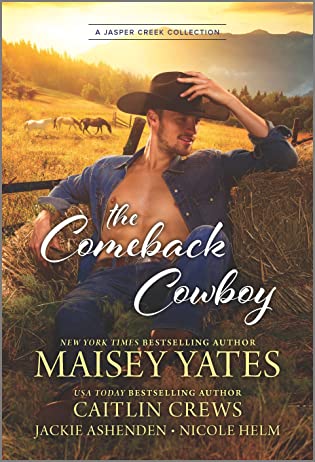 The Comeback Cowboy by
The Comeback Cowboy by 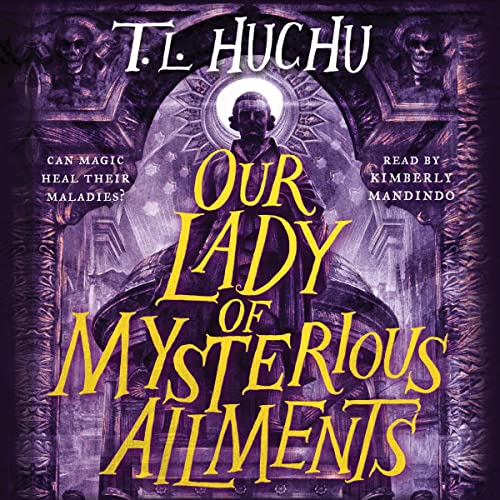 Our Lady of Mysterious Ailments by
Our Lady of Mysterious Ailments by 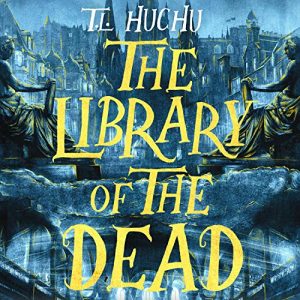 Escape Rating A+: Our Lady of Mysterious Ailments is just like
Escape Rating A+: Our Lady of Mysterious Ailments is just like 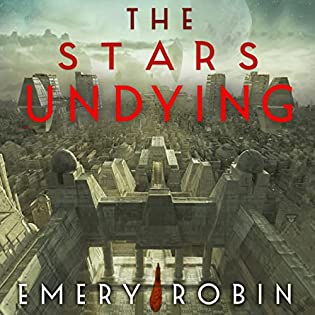 The Stars Undying (Empire Without End, #1) by
The Stars Undying (Empire Without End, #1) by 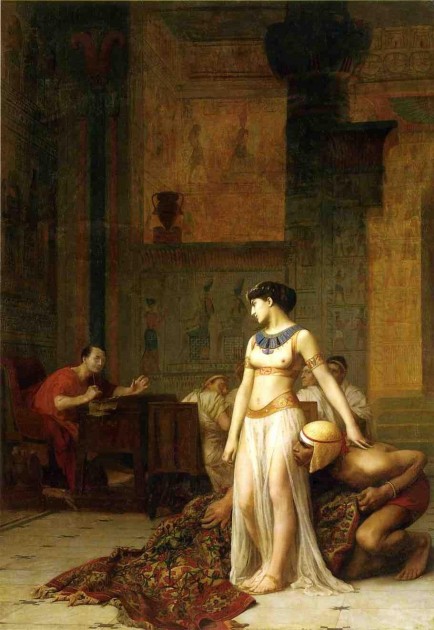
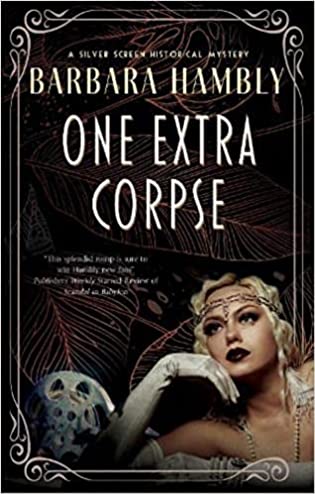 One Extra Corpse (Silver Screen Historical Mystery #2) by
One Extra Corpse (Silver Screen Historical Mystery #2) by 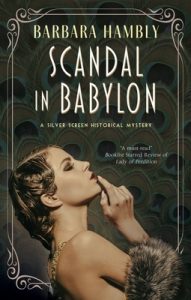 Escape Rating A: This was surprisingly meaty for a book whose cover kind of screams camp with vamp, but then, the silent movie era did have to maximize flash and style to convey emotion. After all, the characters couldn’t use their own words, or even the scriptwriter’s words.
Escape Rating A: This was surprisingly meaty for a book whose cover kind of screams camp with vamp, but then, the silent movie era did have to maximize flash and style to convey emotion. After all, the characters couldn’t use their own words, or even the scriptwriter’s words.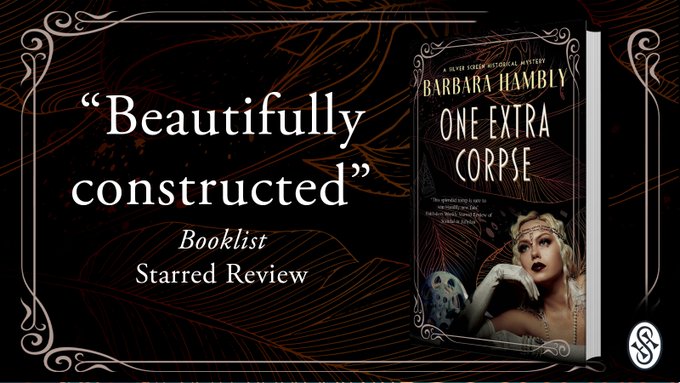

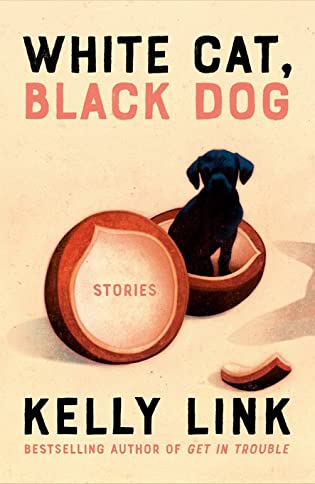 White Cat, Black Dog: Stories by
White Cat, Black Dog: Stories by 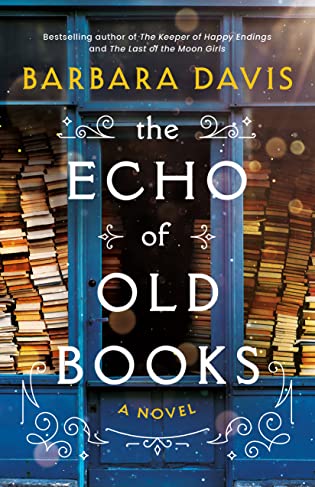 The Echo of Old Books by
The Echo of Old Books by 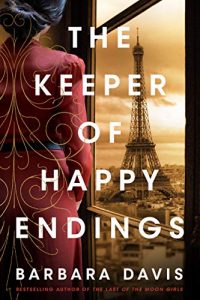 And their own searing, scarring pasts. The more we learn about both couples, the more we hope for HEAs all around – no matter how impossible that might seem. We become invested in both stories every bit as much as Ashlyn does Belle’s.
And their own searing, scarring pasts. The more we learn about both couples, the more we hope for HEAs all around – no matter how impossible that might seem. We become invested in both stories every bit as much as Ashlyn does Belle’s.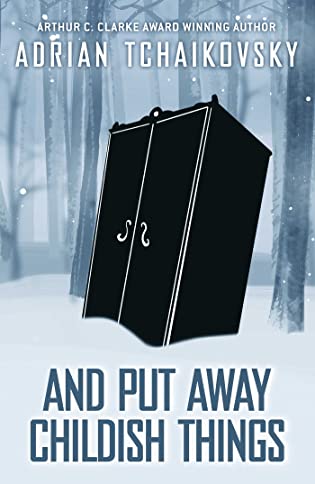 And Put Away Childish Things by
And Put Away Childish Things by 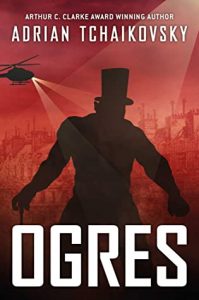 Instead, And Put Away Childish Things mixes the central theme of
Instead, And Put Away Childish Things mixes the central theme of 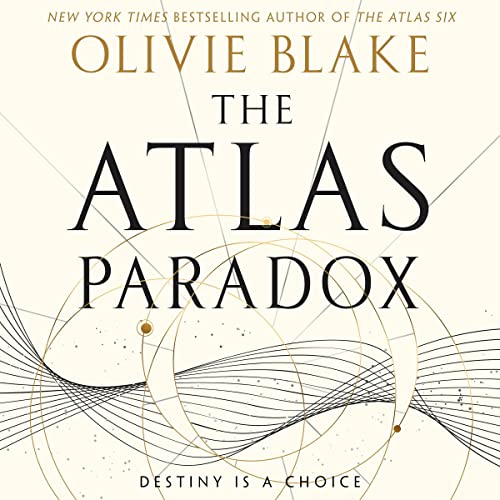 The Atlas Paradox (The Atlas, #2) by
The Atlas Paradox (The Atlas, #2) by 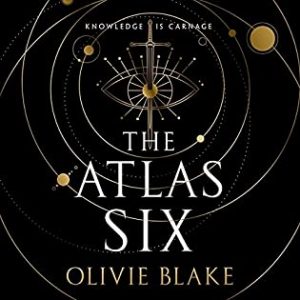 This story of dark academia, utter corruption and potentially the end of the world follows directly after the events of
This story of dark academia, utter corruption and potentially the end of the world follows directly after the events of 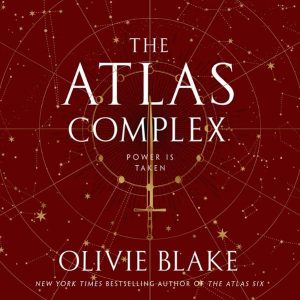 The Atlas Six
The Atlas Six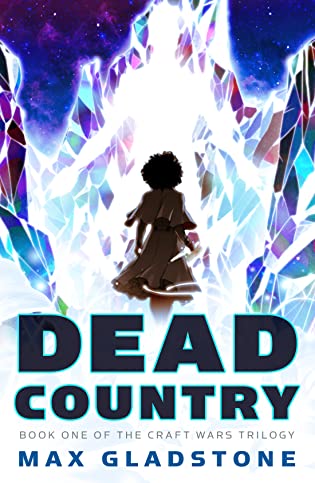 Dead Country (Craft Wars, #1) by
Dead Country (Craft Wars, #1) by 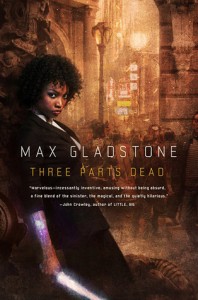 Escape Rating A: Once upon a time (back in 2012) there was a book titled
Escape Rating A: Once upon a time (back in 2012) there was a book titled